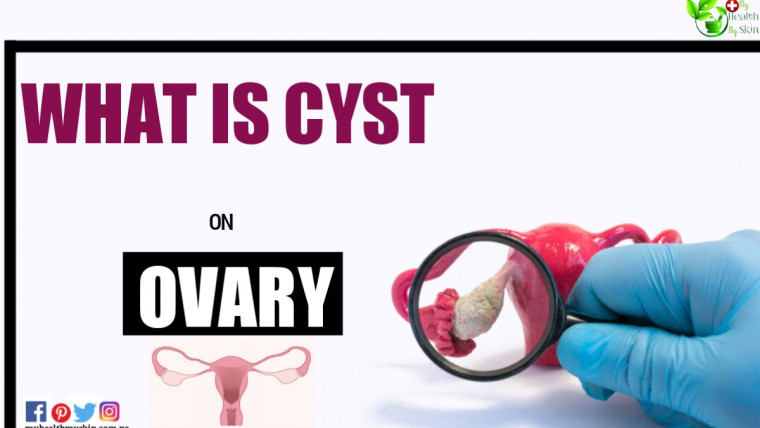During the first trimester, various psychological and physiological changes occur in a woman’s body.
Huge amounts of energy are utilized as your body starts establishing a home for your baby where he can live for the upcoming nine months.
Other than this, the essential organs of your baby also start developing during these days. The mother needs to take special care during this time.
This article contains some significant parental tips for the First Trimester.
[lwptoc]
Parental Tips For The First Trimester
Following are some parenting tips for the first trimester:-
1. Use Prenatal Multivitamins
The prenatal vitamins consist of different vitamins and minerals that make certain that the baby develops healthy. Taking enough Folic acid is highly necessary during the first trimester.
Folic acid assists in the prevention of severe birth defects in the brain or the spinal cord as well as prevent Neural Tube Defects (NTD).
The mother should also take rich quantities of calcium and iron, and if they are not added to the diet, they must be taken in the form of multivitamins.
2. Take Consultation From A Healthcare Provider
The first month of pregnancy demands special care. Search for a medical professional to whom you can trust and are comfortable with. The health of you and your baby is directly proportional to it.
Select any one and avoid changing different doctors. It will be necessary for the physician to be aware of your medical history and any other issues which can influence the baby.
This will be very beneficial for you to select one right physician rather than multiple doctors. You should only reach another doctor in some special case or if you require a second opinion.
3. Regularly Visit Your Doctor And Take Scheduled Prenatal Tests
Make regular visits to your doctor. Especially between 4th and 28th week of pregnancy, you should meet your doctor at least once a month.
It is the best time for asking questions and following the baby’s growth.
Moreover, you should take all the prenatal tests recommended by the doctor. Chronic Villus Sampling (CVS) is a prenatal test which is done between 10th and 12th weeks of pregnancy. This test can recognize any chromosomal or genetic problem in the baby.
Hence, it’s necessary to visit your doctor regularly and take scheduled prenatal tests.
4. Avoid Caffeine
Try to avoid caffeine during pregnancy as high consumption of caffeine raises blood pressure levels, heart rate and can also lead to dehydration as it causes increased urination.
Caffeine also can cross the placental barrier if you take a lot of coffee. Caffeine is present in coffee, tea, chocolates, soda and consequently, your baby will be unable to bear it.
5. Avoid Soft Cheese
Try to stay away from cheese which is prepared from unpasteurized or raw milk. This mostly includes soft cheeses. They can be harmful to your baby as they may contain organisms.
6. Take A Balanced Diet
If you have an allergic reaction from any particular food, consult with your doctor about your diet.
However, as a whole, you need to take a balanced diet. Keenly check the expiry dates of all products that you intend to consume.
It is recommended to always eat fresh foods. Take lots of fresh vegetables and fruits because they are the healthiest and best for keeping your baby strong.
7. Take Enough Rest
Lots of changes and actions are taking place in your body during these days. You must take enough rest.
You May Also Like:
- First Pregnancy Symptoms: What Signs Should I Watch Out For? Check All Details Here!
- Could The White Discharge Be A Sign Of Pregnancy? Check All Details Here!
- How Many Weeks In 9 Months Pregnancy?
- What To Eat To Get Pregnant With Twins – 10 Nutritious Foods
- Itchy Vagina While Pregnant? What to do and How to Treat Vaginal Infection With Cuminus Oil
According to research, women who sleep for less than six hours during the night, face labour that stays ten times longer than those who sleep for at least seven hours. It is because one of the most significant rules of the first trimester is to take sufficient sleep.
8. Take Exercise Regularly
Taking exercise during exercise is also essential during pregnancy particularly first trimester. It can help you to control weight gain.
It also makes you ready for childbirth. Check out for some good exercise plans. You can also join any pregnancy-friendly exercise program.
However, it’s recommended to first consult with your physician.
Conclusion
In short, the first trimester is very important for both the mother and the baby. This time demands special care and caution especially for the surrogate mothers or mama sustituta.
During this time, the woman experiences various physical, emotional and psychological changes. You also have to give many sacrifices during these days.
However, if you follow the precautions and above-mentioned tips, you can enjoy a happy and healthy life with your baby in the future.
If you want to read more articles similar to first trimester: 8 recommended tips, we recommend you visit our Pregnancy category. Share on your social networks and stay tuned for upcoming articles.







